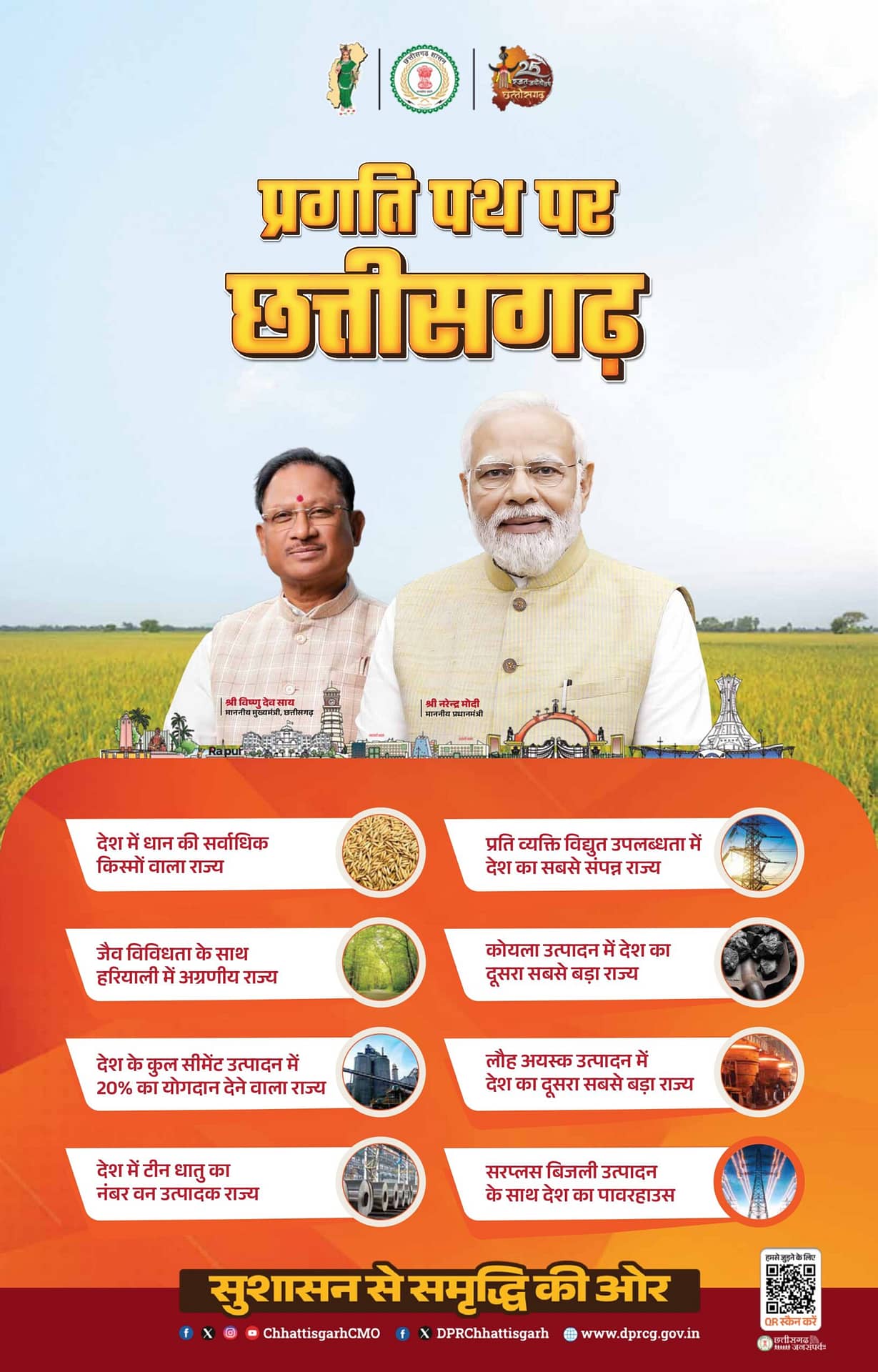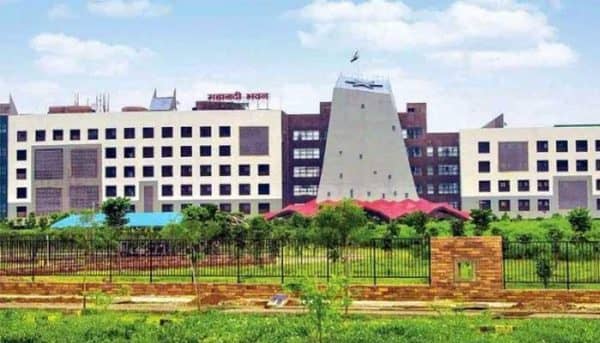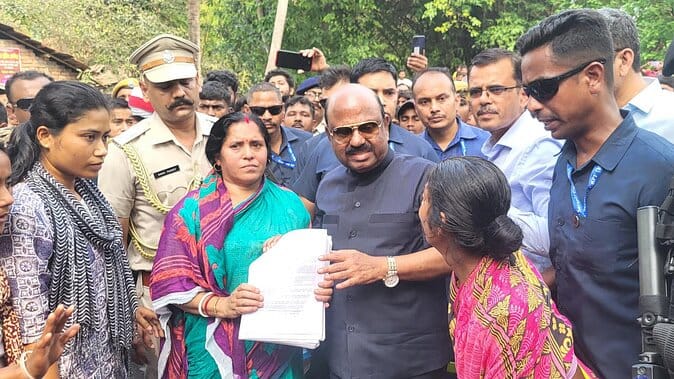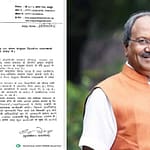Reg No. - CHHBIL/2010/41479ISSN - 2582-919X
What is Article 142 of the Constitution, which the Vice President called the Supreme Court’s ‘nuclear missile’

The Supreme Court has special powers
The Vice President said that we cannot create a situation where you give instructions to the President of India and that too on what basis? He said that Article 142 has become a nuclear missile against democratic forces, which is available to the judiciary 24 hours a day.
The country’s Vice President Jagdeep Dhankhar has raised serious questions about the judiciary. He recently objected to the Supreme Court’s decision in which a deadline has been set for the President to take action on the bills sent by the Governor. He even said that Article 142 of the Constitution has become a ‘nuclear missile’ available with the judges against democratic forces.
Judges have become ‘super parliament’
Vice President Dhankhar said that in a recent decision, instructions have been given to the President, where are we going? What is happening in the country? He said that we never expected this day for democracy. The President is asked to take decisions within the deadline and if this does not happen, then that bill becomes a law. Dhankhar said that we have judges who will make laws, who will also do the work of the executive, who will work as a ‘super parliament’. Apart from this, they will not have any
accountability because the law of the country does not apply to them.
The Vice President said that according to Article 145(3), a decision on any important constitutional issue should be taken by a bench of at least 5 judges. However, the decision against the President was given by a bench of two judges. When the rule of 5 judges bench was decided, the number of judges in the Supreme Court was eight. The Vice President said that now the number of judges in the Supreme Court has increased to 30, so there is a need to amend Article 145(3) to increase the minimum number of judges in the Constitution Bench.
‘Court has the right to interpret the Constitution’
He said that we cannot create a situation where you give instructions to the President of India and that too on what basis? Under the Constitution, you have the right to interpret the Constitution only under Article 145 (3). There should be five or more judges. Article 142 has become a nuclear missile against democratic forces, which is available to the judiciary 24 hours a day.
The Vice President was referring to the Supreme Court’s recent decision in the Tamil Nadu Government vs Governor case. In this, a petition was filed against the Governor for delay in approving the bills passed by the state assembly. While setting a deadline for the Governor in this case, the court said that if the president fails to take a decision within the stipulated time limit, then the state can approach the court seeking a writ against the President. The court also said that if a bill is sent back by the Governor on the basis of being unconstitutional, then the President should take the opinion of the Supreme Court as per Article 143 before taking a decision.
What is Article 142
Under Article 142 of the Constitution, the Supreme Court can give such a decision or order in any case with the aim of providing complete justice, which is applicable in the whole of India, but how this order will be implemented is decided through the law made by the Parliament. If the Parliament has not made any rule yet, then it is up to the President to decide how the order or decision given by the court should be implemented.
Apart from this, under the second part of the article, the Supreme Court can call any person before it, ask for necessary documents, if someone disobeys it, then the court also has the power to investigate it and punish him.
Aim to provide complete justice
Using this right, the Supreme Court overturned the results of the Chandigarh Mayor election held on January 30. During that time, the three-member bench of the court had said in its order that under Article 142 of the Constitution, the court is committed to providing complete justice in its jurisdiction. Also, the job of the court is to ensure that the process of democracy is not disrupted through any kind of fraud.
Apart from this, the Supreme Court had used this right in the 2019 Babri-Ram Janmabhoomi case. In the decision, a bench of five judges ordered to give land to Ram Lalla as well as an alternative 5 acres of land to the Muslim side. During this, the court said that it is doing complete justice in this matter. Article 142 gives special rights to the Supreme Court, in which when no remedy of law works, the court can proceed and take a decision on its own discretion according to the facts with the aim of providing complete justice in that case. Although the rights given under Article 142 are extraordinary, but the Supreme Court has also defined its scope and limits from time to time through its decisions.
YOU MAY LIKE THIS











